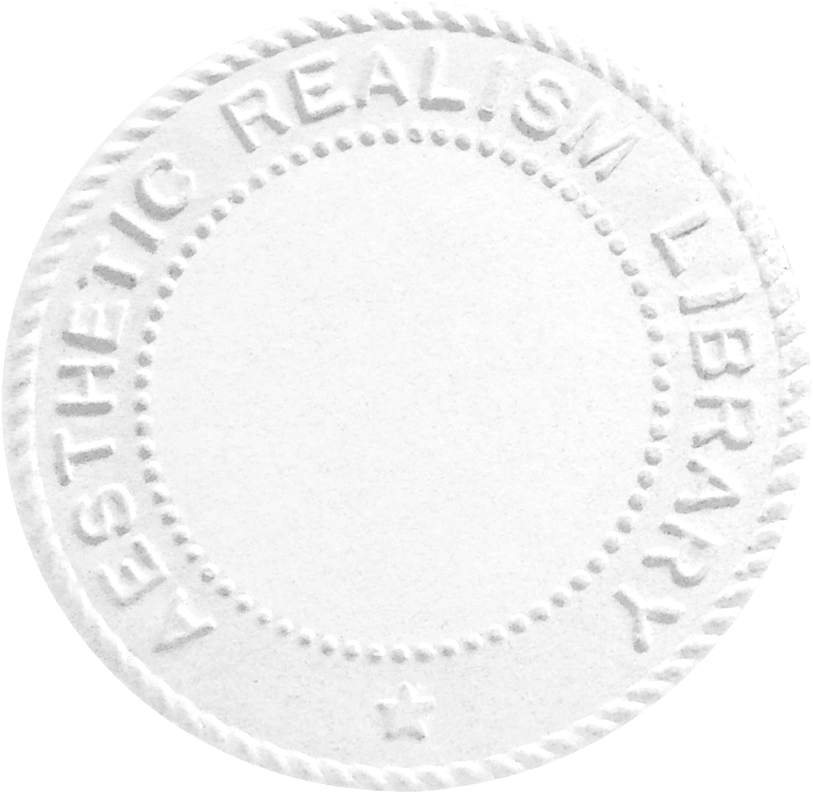From “Poetry: The Criticism of Self”
Terrain Gallery Presentation, August, 1965.
The Force That through the Green Fuse Drives the Flower
The force that through the green fuse drives the flower
Drives my green age; that blasts the roots of trees
Is my destroyer.
And I am dumb to tell the crooked rose
My youth is bent by the same wintry fever.
The force that drives the water through the rocks
Drives my red blood; that dries the mouthing streams
Turns mine to wax.
And I am dumb to mouth unto my veins
How at the mountain spring the same mouth sucks.
The hand that whirls the water in the pool
Stirs the quicksand; that ropes the blowing wind
Hauls my shroud sail.
And I am dumb to tell the hanging man
How of my clay is made the hangman’s lime.
The lips of time leech to the fountain head;
Love drips and gathers, but the fallen blood
Shall calm her sores.
And I am dumb to tell a weather’s wind
How time has ticked a heaven round the stars.
And I am dumb to tell the lover’s tomb
How at my sheet goes the same crooked worm.
—Dylan Thomas



Comment by Eli Siegel on Dylan Thomas’ “The Force That through the Green Fuse Drives the Flower”
The world is pushing us—this is what Dylan Thomas’s famous “The Force That through the Green Fuse” is saying. Is the world present in us every moment? is a question that arises from the Thomas poem. How are chemistry, biology, psychology, even botany a constant part of us? To see the world in us, the world as self, is an aspect of romanticism; and so “The Force That through the Green Fuse” is romantic. But the question we have most to be accurate about is how the world of all time, the world in all its width now, the world gigantic and atomic, should be looked at by us, even as we are impelled by it. How, in other words, are we free, can we be free, as we are pushed by what begins in time, is present in all space? The first stanza of the poem has the most power, the most grace in power; yet the other stanzas likewise give the feeling of the world driving, driving and resting, resting in us.